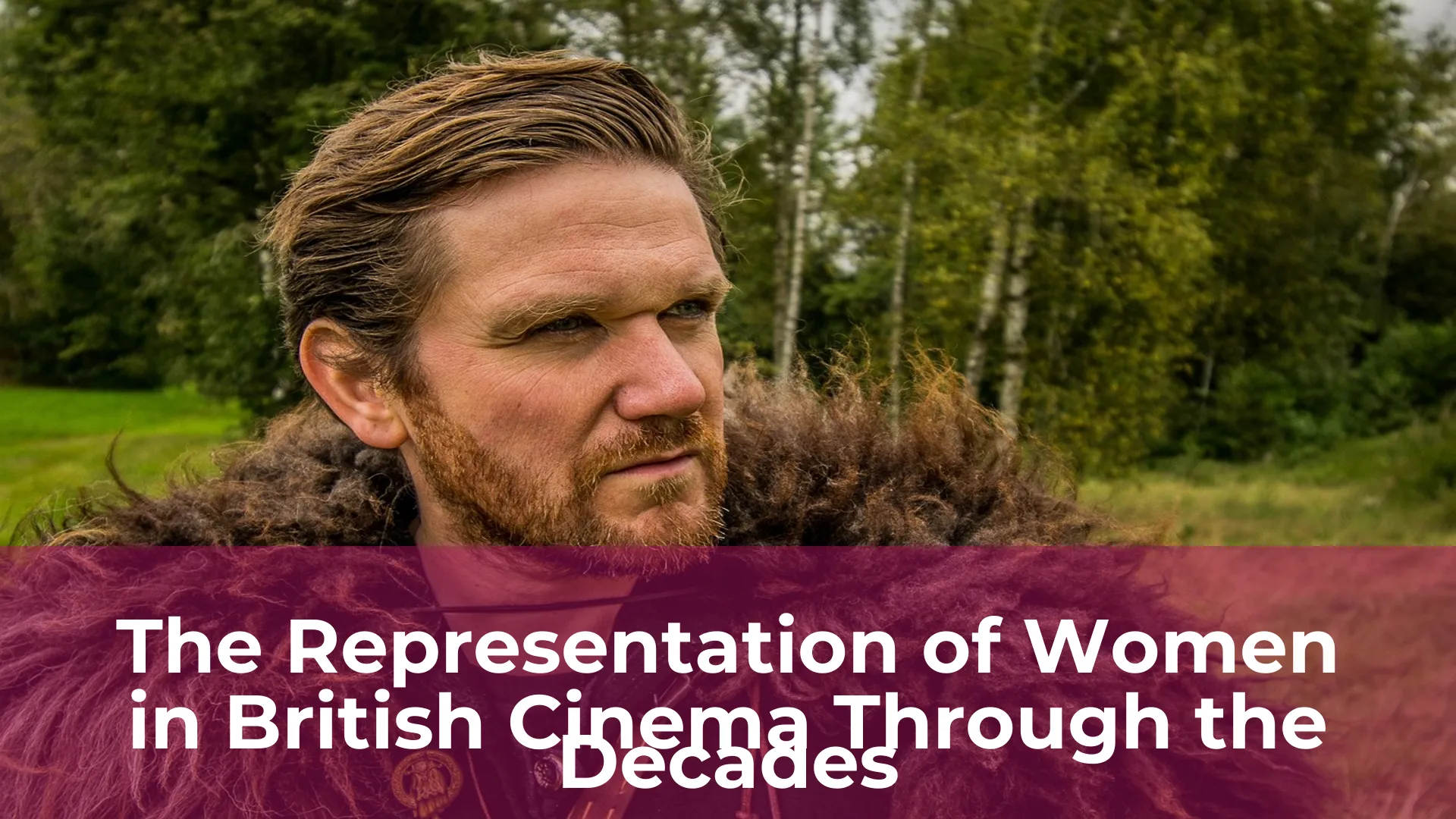British cinema has a rich history of showcasing the lives of women on screen, from the silent era to the present day. In the early days of cinema, women were often portrayed as either damsels in distress or femme fatales. However, as the industry evolved, so did the representation of women. In this article, we will take a closer look at how British cinema has portrayed women throughout the decades.
The 1960s and 1970s saw a significant shift in the representation of women in British cinema. With the rise of feminism, female characters began to be portrayed as strong and independent. The films of this era explored themes of sexuality, gender roles, and the struggles of working-class women. Movies like “Alfie” and “Women in Love” pushed boundaries, addressing taboo subjects like abortion and female sexuality. These films were controversial at the time, but they paved the way for more diverse representations of women on screen.
In recent years, British cinema has continued to evolve in its portrayal of women. While there is still a long way to go in terms of representation, there have been some notable successes. Films like “Suffragette” and “Lady Macbeth” have placed women’s experiences front and center, exploring issues like gender inequality, sexual harassment, and domestic violence. These films have been praised for their nuanced portrayals of women and for highlighting the ongoing struggle for gender equality.
Introduction: The Historical Context of Women in British Cinema
Women in British cinema have been an essential part of the industry since its inception. However, their representation both on and off-screen has been a complex and often contentious issue. From the early years of silent cinema to the present day, women have played a crucial role in shaping British cinema as we know it today, and their contributions have been both celebrated and challenged.
The early years of British cinema saw women take on a variety of roles, both in front of and behind the camera. Women such as Alice Guy-Blaché, who worked as a director and producer during the silent era, and Mary Pickford, who starred in a number of British films during the 1920s, paved the way for future generations of female filmmakers and actors. However, despite their pioneering work, women were often subjected to gender stereotypes and limited opportunities, both on and off-screen.
Throughout the 20th century, women continued to make significant contributions to British cinema, challenging traditional gender roles and pushing for greater representation both in front of and behind the camera. From the groundbreaking films of the 1960s and 70s, such as “A Taste of Honey” and “The L-Shaped Room,” to the more recent successes of female directors like Lynne Ramsay and Andrea Arnold, women have played a vital role in shaping the British film industry, and their work continues to inspire and challenge us today.

